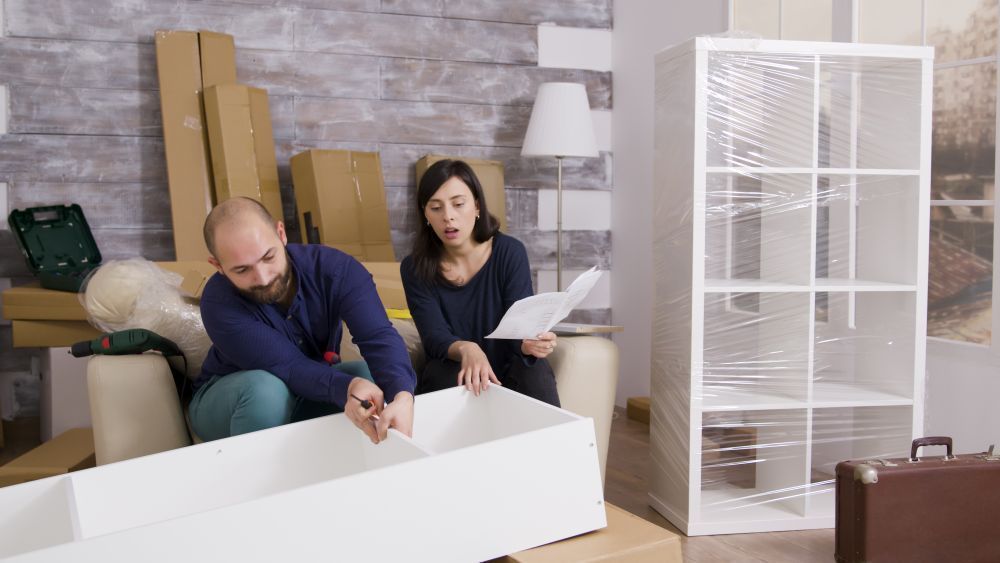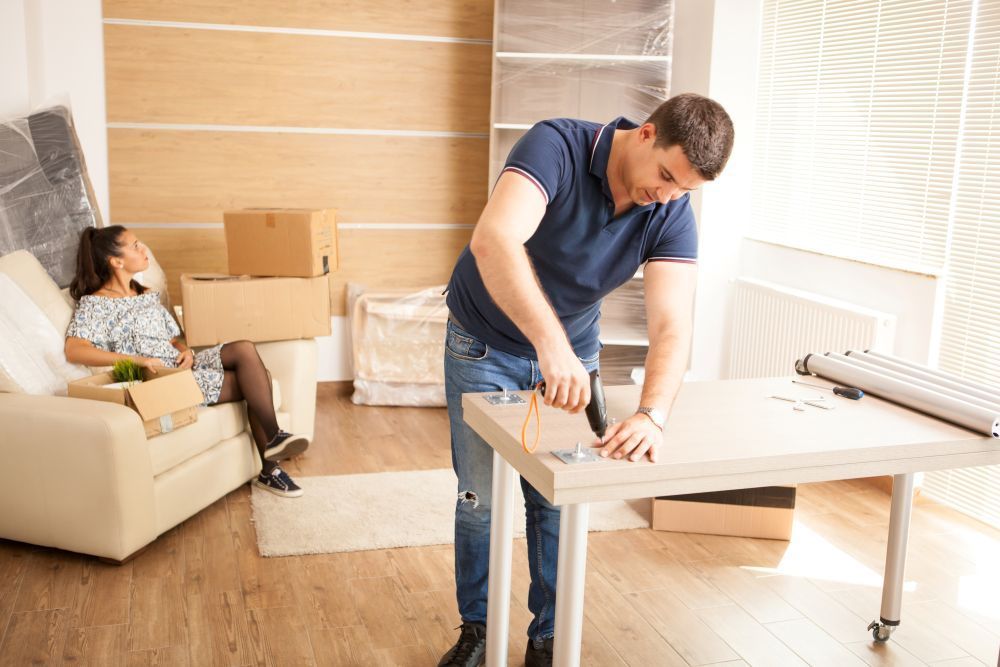New House Checklist: 50+ Essential Items for New Homes
Moving into a new house is like starting a fresh chapter in your life. You have the keys, you're excited, but then reality hits - what do you actually need to make this place feel like home? A good new house checklist helps you get ready for your big move without forgetting the important stuff.
First-time homeowners often spend more than expected on maintenance and repairs, with recent data showing costs reaching over $10,000 annually . That's why having a smart plan from day one saves you money and stress down the road.
This guide covers everything from the absolute basics you need on moving day to the items that make your house comfortable and safe. Whether you're buying your first home or just need a refresh on what to buy, we've got you covered.
Safety First: Essential Items for Your New Home
Your safety comes before everything else. These items should be at the top of your new house checklist because they protect you and your family.
Fire and Carbon Monoxide Protection
Smoke alarms cut the risk of dying in a home fire in half, according to the National Fire Protection Association , yet 40% of home fire deaths happen in homes with no smoke alarms. Here's what you need:
- Smoke detectors for every bedroom and hallway
- Carbon monoxide detectors if you have gas appliances
- Fire extinguisher for the kitchen
- Emergency flashlight with extra batteries
- First aid kit with bandages and basic medical supplies
Home Security Basics
Change your locks right away. You never know who might have old keys to your place. Add these security items to your list:
- New door locks and deadbolts
- Motion sensor lights for outside
- Security cameras (if desired)
- Window locks and reinforcements
Moving Day Must-Haves
On your first day in the new house, you'll want these items ready to go. Pack them in a special box that's easy to find.
Immediate Necessities
- Toilet paper (trust us, this is crucial!)
- Paper towels for quick cleanup
- Trash bags for all the moving mess
- Box cutters for opening packages
- Basic tools like screwdriver and hammer
- Phone chargers to stay connected
- Snacks and bottled water to keep energy up
Cleaning Supplies for Day One
Your new place might need a good cleaning before you unpack. Have these ready:
- All-purpose cleaner
- Disinfectant wipes
- Broom and dustpan
- Vacuum cleaner
- Mop and bucket
- Glass cleaner for windows
Kitchen Essentials: The Heart of Your Home
The kitchen gets used more than any other room. Start with these basics and build up over time.
Cooking Must-Haves
You don't need fancy gadgets right away. Focus on these essentials:
- Basic cookware : 2-3 pots, 2 pans, baking sheet
- Sharp knives : chef's knife, paring knife, cutting board
- Mixing bowls in different sizes
- Measuring cups and spoons
- Can opener and bottle opener
Eating and Serving
- Plates, bowls, and cups (start with 4-6 of each)
- Forks, knives, spoons
- Coffee maker or kettle
- Toaster
- Microwave (if not built-in)
Kitchen Storage and Organization
- Food storage containers
- Aluminum foil and plastic wrap
- Dish soap and sponges
- Dish towels
- Trash can with lid
- Basic spices: salt, pepper, garlic powder
Bathroom Basics You Can't Live Without
Bathrooms are small but need lots of different items. Here's your starter list:
Personal Care Items
- Toilet paper (buy extra!)
- Hand soap and body wash
- Towels : bath towels, hand towels, washcloths
- Shower curtain or door
- Bath mat for safety
- Toothbrush holder and soap dispenser
Bathroom Storage
- Medicine cabinet organizer
- Towel hooks or bars
- Toilet brush and plunger
- Trash can
- Hair dryer
- Basic medications
Bedroom Comfort Essentials
After a long day of moving, you'll want a comfortable place to sleep.
Sleep Basics
- Mattress and box spring
- Bed frame or platform
- Pillows (2-4 depending on your preference)
- Sheets : fitted sheet, flat sheet, pillowcases
- Blanket or comforter
Bedroom Storage
- Dresser or storage bins
- Hangers for the closet
- Bedside lamp
- Alarm clock
- Blackout curtains for better sleep
Living Room Starter Kit
Your living room is where you'll relax and spend time with family and friends.
Furniture Basics
- Couch or loveseat
- Coffee table or side table
- TV (if desired)
- Lamps for good lighting
- Curtains or blinds for privacy
Entertainment and Comfort
- Area rug to define the space
- Throw pillows and blankets
- Bookshelf or storage unit
- Picture frames for personal photos
Essential Tools Every Homeowner Needs
A homeowner's tool kit usually grows over time, but you need basic tools right away for moving day. Don't get caught without these:
Basic Tool Kit
- Screwdriver set (Phillips and flathead)
- Hammer for hanging pictures
- Drill with basic bits
- Level for hanging things straight
- Tape measure
- Pliers and wrench set
Maintenance Tools
- Flashlight with extra batteries
- Extension cords
- Step ladder for reaching high places
- Basic repair supplies : duct tape, screws, nails
- Caulk for bathroom and kitchen touch-ups
Outdoor and Yard Essentials
If your new home has outdoor space, you'll need some basic yard tools.
Lawn Care Basics
- Lawn mower (if you have grass)
- Garden hose with spray nozzle
- Rake for leaves
- Shovel for digging
- Pruning shears for bushes
Outdoor Comfort
- Outdoor furniture (chairs, table)
- Grill for cooking outside
- Garden tools if you plan to plant
- Outdoor lighting for safety
Utility Setup and Important Tasks
Before you can really settle in, take care of these important tasks.
Essential Services
Call these companies before your move-in date, as the Federal Trade Commission recommends setting up utilities in advance to avoid service delays:
- Electric company
- Gas company
- Water and sewer
- Internet and cable
- Trash and recycling pickup
Important Safety Checks
Walk through your new home and locate:
- Circuit breaker box in case of electrical problems
- Water shut-off valve for emergencies
- Gas shut-off valve if you have gas appliances
- HVAC system and change air filters
Money-Saving Tips for New Homeowners
The average homeowner spends over $18,000 annually on additional costs beyond their mortgage, with maintenance alone averaging $10,433 per year . Here's how to be smart about spending:
Budget-Friendly Shopping
- Buy essentials first, luxury items later
- Check thrift stores and garage sales for furniture
- Ask family and friends if they have extra household items
- Shop sales and use coupons for non-urgent items
Preventive Maintenance
Taking care of your home from day one saves money later. The U.S. Census Bureau reports that homeowners who stay on top of maintenance spend significantly less on major repairs:
- Change air filters regularly
- Clean gutters twice a year
- Test smoke and CO detectors monthly
- Keep up with basic repairs before they get worse
Planning Your First Few Weeks
Don't try to buy everything at once. Here's a timeline that makes sense:
Week 1: Absolute Essentials
- Safety items (smoke detectors, locks)
- Basic bathroom and kitchen supplies
- Sleeping arrangements
- Cleaning supplies
Week 2-3: Comfort Items
- Living room furniture
- Kitchen appliances
- Storage solutions
- Basic tools
Month 2 and Beyond: Nice-to-Have Items
- Decorative pieces
- Extra furniture
- Yard equipment
- Home office setup
Common Mistakes to Avoid
Learning from others' mistakes saves you time and money:
- Don't buy everything new - mix new and used items
- Don't forget the basics - toilet paper and light bulbs matter
- Don't rush furniture decisions - live in the space first
- Don't ignore safety - get smoke detectors installed immediately
- Don't forget about outdoor spaces - they need attention too
Room-by-Room Quick Reference
Use this quick checklist when shopping:
Kitchen (15-20 items): Cookware, dishes, utensils, small appliances, cleaning supplies
Bathroom (10-15 items): Towels, shower curtain, toilet paper, personal care items, storage
Bedroom (8-12 items): Bedding, furniture, lamps, storage, window treatments
Living Room (6-10 items): Seating, tables, lighting, entertainment, decor
Tools & Safety (10-15 items): Basic tools, safety equipment, emergency supplies
Making Your House Feel Like Home
The items on your new house checklist are just the beginning. A home becomes special when you add personal touches:
- Hang family photos and artwork
- Add plants for life and color
- Use lighting to create warm spaces
- Include items that reflect your personality
- Create cozy spots for relaxation
Consider connecting with local movers who understand the Edmonton area if you're moving in Alberta. Professional packing services can also help make your transition smoother.
Final Thoughts
Moving into a new house is exciting, but it can feel overwhelming when you think about everything you need. A good new house checklist keeps you organized and helps you focus on what's most important first.
Start with safety and basic comfort items, then build up your home over time. Remember, it takes a while for a house to feel like home - that's totally normal! Focus on the essentials first, and add personal touches as you settle in.
Your new house checklist should work for your budget and lifestyle. Don't feel pressured to buy everything at once. Take it room by room, prioritize your needs, and enjoy the process of making your new place truly yours.
Ready to make your move? Having the right checklist makes all the difference between a stressful move and an exciting new beginning. Welcome home!



